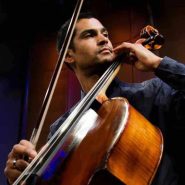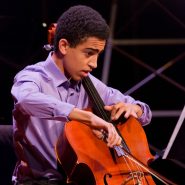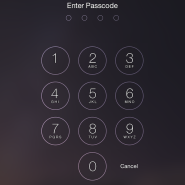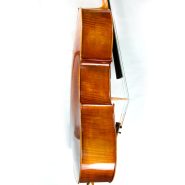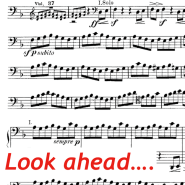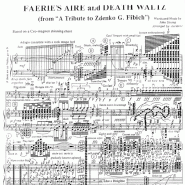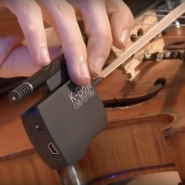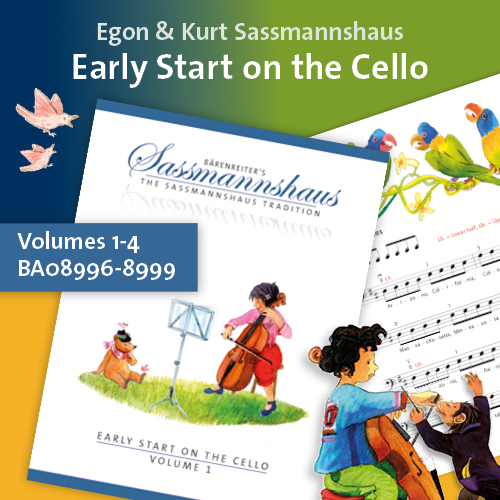Tag: cellobello
By Jeffrey Zeigler April 18, 2012
Subjects Repertoire
By Lev Mamuya April 8, 2012
Subjects Competition, Pre-College
Tags Accomplishment, Auditions, cello, cellobello, Competition, ego, improvement, knowledge, Lev, Mamuya, master classes, motivation, music, organization, performance, Practice, pressure, success
By Brant Taylor March 21, 2012
Subjects Practicing
By Jeffrey Zeigler February 27, 2012
By Brant Taylor February 20, 2012
Subjects Artistic Vision
Tags Awareness, Bernard, Brant, cello, cello technique, cellobello, David, Development, Experience, Greenhouse, Gregor, inspiration, Janos, Katz, music, Paul, performance, perspective, Piatigorsky, Popper, Quartet, Starker, Taylor, Teaching
By Selma Gokcen February 12, 2012
Subjects Playing Healthy
Tags Alexander Technique, Awareness, body, cello, cellobello, Gokcen, healthy playing, lessons, Mind, movement, nature, Preparation, progress, repetition, Selma, sensations, Sensory, tension
By Robert Battey February 3, 2012
Subjects Practicing
Tags Accomplishment, Battey, cello, cellobello, character, Coordination, Development, dynamics, Effective, ensemble, harmony, Janos, Listening, music, perfection, Rhythm, sight-reading, Starker, success, Technique
By Wayne Burak January 19, 2012
Subjects Instrument Care
Tags acoustics, Adjustments, alterations, bridge, Burak, cello, cello setup, cellobello, changes, fingerboard, humidity, neck angle, performance, strings, Wayne, woodworking
By Aron Zelkowicz January 19, 2012
Subjects Chamber Music
By Selma Gokcen January 17, 2012
Subjects Playing Healthy
By Robert Battey January 1, 2012
Subjects Practicing
Tags ability, Battey, cello, cellobello, chamber music, ensemble, Observation, Practice, Rhythm, robert, sight-reading, success, Technique, virtuoso
By Mickey Katz December 9, 2011
Subjects Orchestra
Tags artistry, audience, bow technique, BSO, cello, cellobello, concerts, ensemble, Katz, Mickey, music, orchestra, orchestral musicians, Symphony Hall, Technique, vibrato
By Robert Battey December 1, 2011
Subjects Practicing
Tags art, Battey, cello, cellobello, chamber music, coaching, conservatory, Development, discipline, ensemble, frustration, goals, music, music-making, robert, sight-reading, students, Teaching, Technique, workshops
By Jeffrey Zeigler November 21, 2011
Subjects Technology
Tags cello, cellobello, device, discussion, interactions, Jeffrey, k-bow, Kronos, Master Class, music, Quartet, Zeigler

By Blogmaster November 13, 2011
